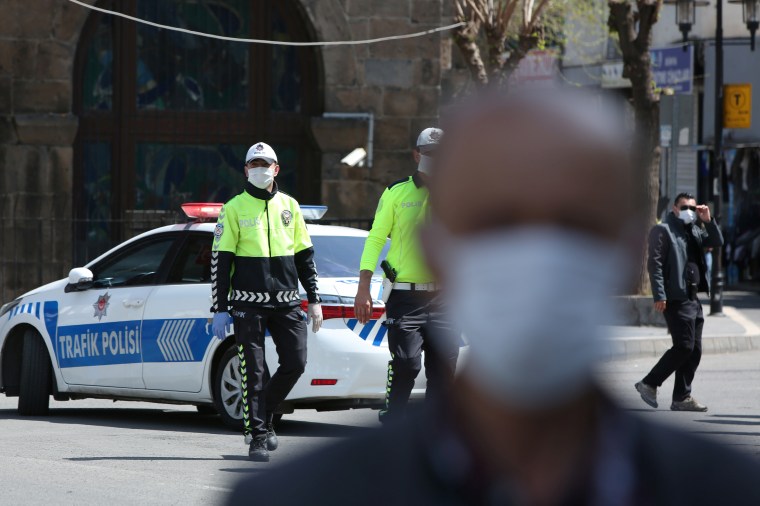Istanbul, December 7, 2020 – Turkish authorities should not contest journalist Ayşegül Doğan’s appeal, and should cease filing terrorism charges against members of the press, the Committee to Protect Journalists said today.
Today, the Ninth Court of Serious Crimes, in the southeastern city of Diyarbakır, convicted Doğan of membership in a terrorist organization, and sentenced her to six years and three months in prison, according to news reports.
Doğan, who worked as a program coordinator at the pro-Kurdish broadcaster IMC TV until it was shuttered in 2016, is free pending appeal, according to those reports.
“The sentencing of journalist Ayşegül Doğan is yet another example of Turkish courts and prosecutors equalizing journalism with terrorism,” said Gulnoza Said, CPJ’s Europe and Central Asia program coordinator, in New York. “Turkish government figures, including the president, have recently commented on their intent to reform the country’s laws affecting human rights. If authorities decline to contest Doğan’s appeal, that would show that they may be serious about such reforms.”
Doğan was originally charged with “founding and leading” a terrorist organization, but on October 8 the state prosecutor requested that charge be changed to membership in such an organization, according to reports and court documents reviewed by CPJ.
During the trial, prosecutors’ evidence included Doğan’s presence at two conferences hosted by the Democratic Society Congress, a nongovernmental group that authorities allege is connected to the banned Kurdistan Worker’s Party, according to those court documents.
Prosecutors also cited taps of Doğan’s phone from 2010 to 2014, and alleged that she was a director of the Democratic Society Congress, according to those documents.
According to the minutes of today’s hearing, which CPJ reviewed, Doğan’s lawyers maintained that she attended those conferences as a journalist, that she was not connected to any terrorist group, and that some of the evidence cited against her was collected illegally.
Doğan said in a recent interview with the Media and Law Studies Association that government cabinet members were present at the conferences she attended, and said the tapes of her phone calls reflected day-to-day agenda discussions with colleagues at IMC TV and interviews with Kurdish politicians.
In November, Turkish President Recep Tayyip Erdoğan announced plans to implement reforms to the country’s legal system to better serve human rights, according to news reports.
CPJ emailed the Diyarbakır chief prosecutor’s office for comment, but did not immediately receive any reply.
